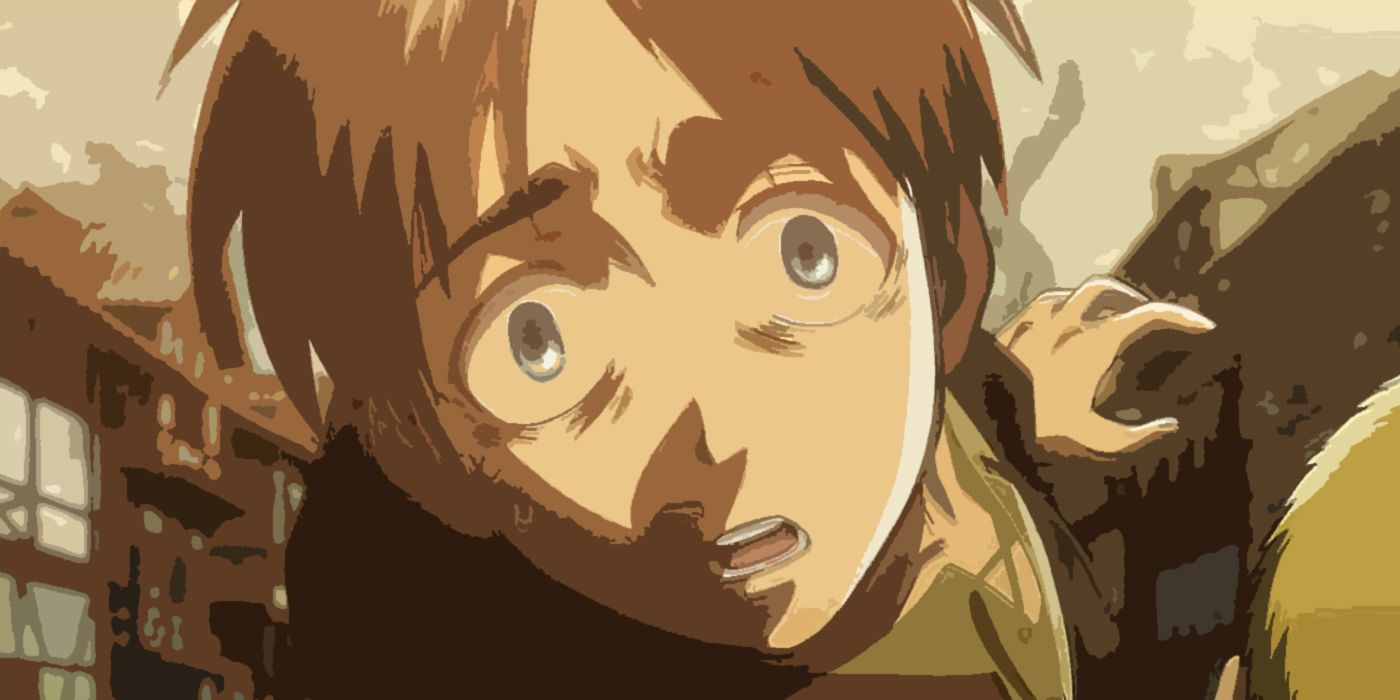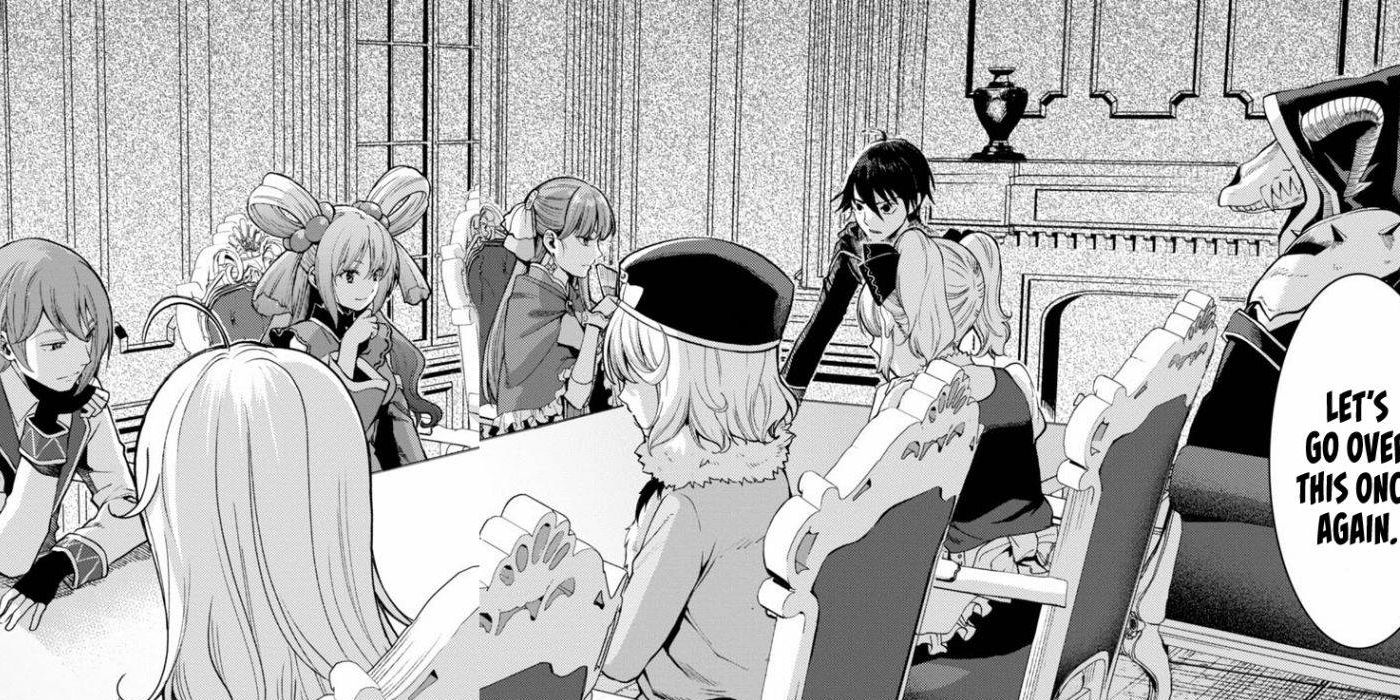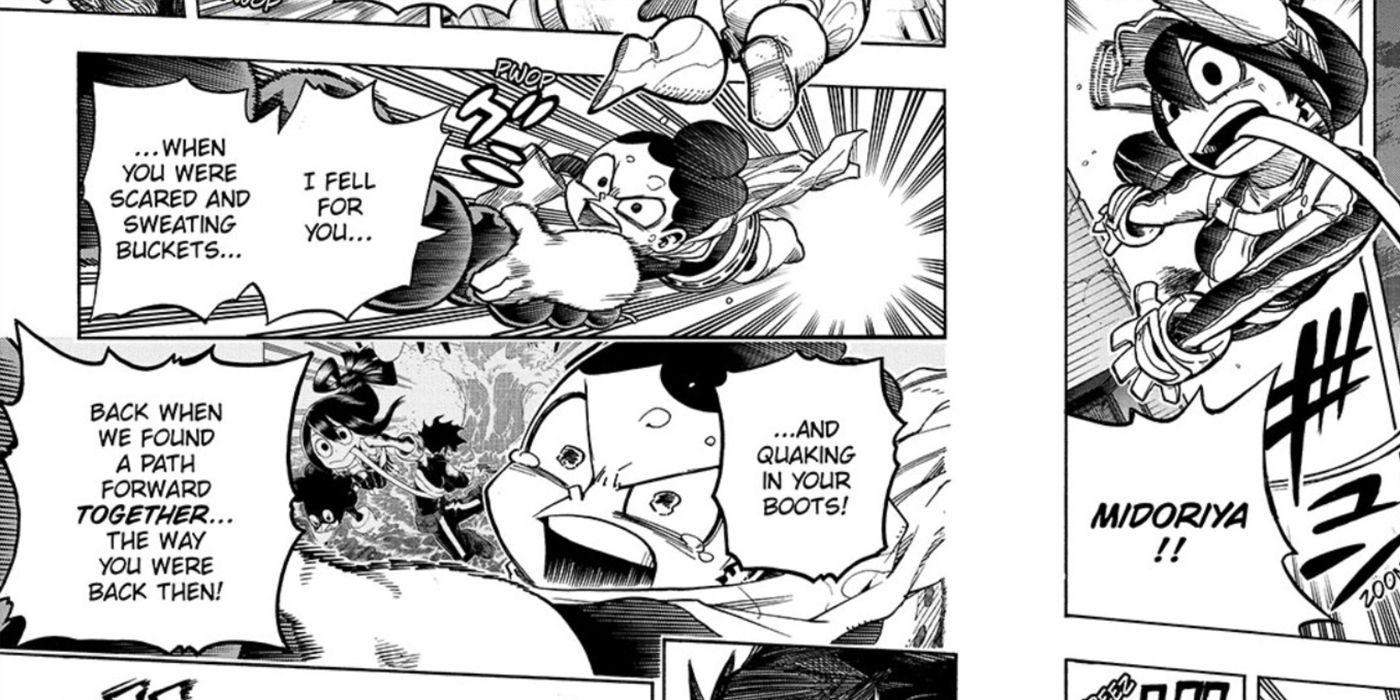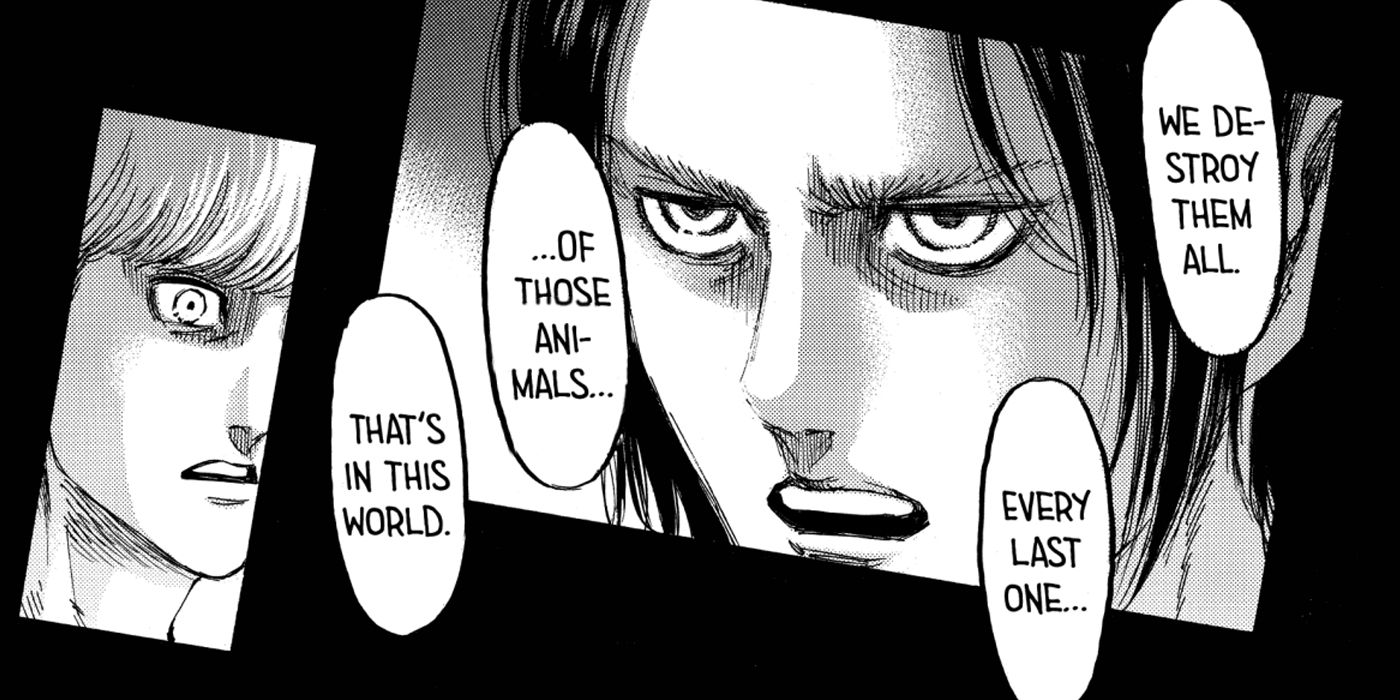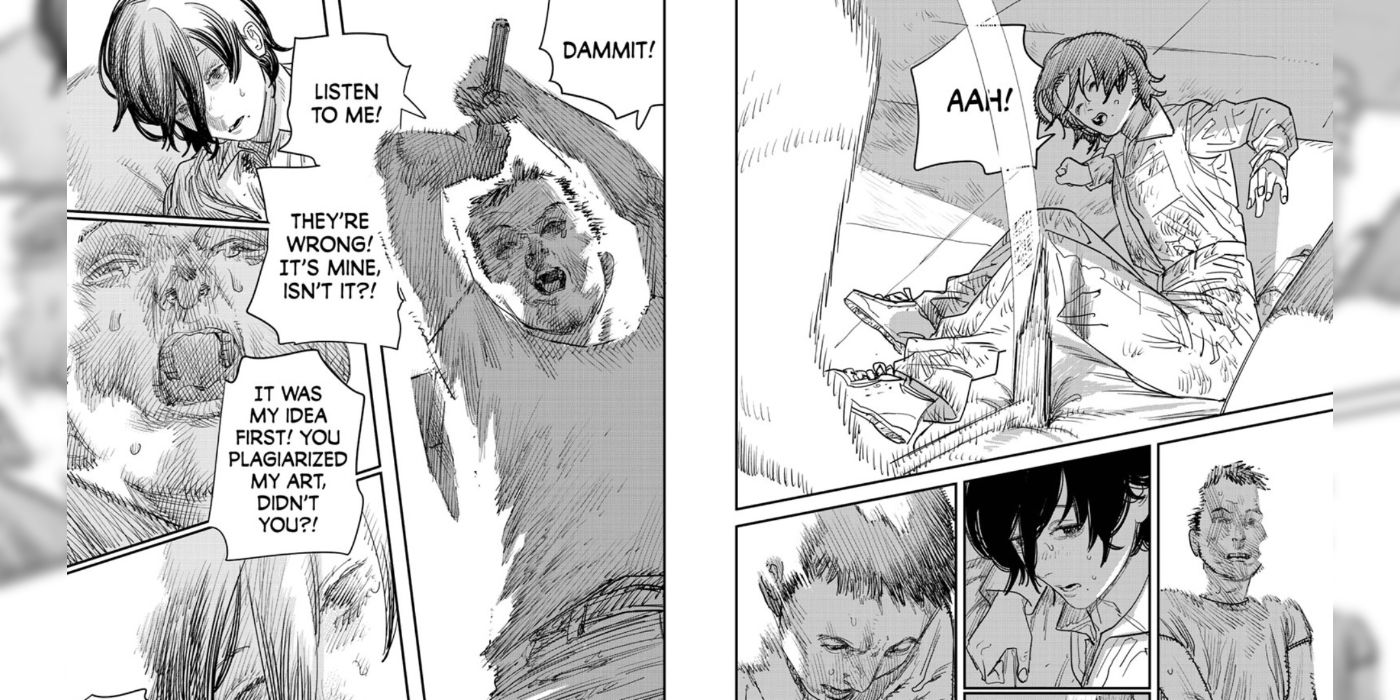Controversies in the world of manga can spring up over how characters or plot points are handled, how real life issues are brought up or addressed, or directly with the content. While some controversies blow over, others can shape the fandom irrevocably, and well... that may turn out to be the case for some of these situations.
The manga industry is no stranger to controversy, and that's as true in 2021 as it was in any other past year. The following is a list of the most talked-about manga moments that had fans either split straight down the middle. Since many of these controversies revolve around content and plot points, be warned that discussion of spoilers is necessary.
Cheat Slayer: Crossing the Line
New manga are sometimes canceled quickly, but few were hit as fast as Cheat Slayer. Cheat Slayer: Killing the People Reincarnated into the Other World debuted in the magazine Monthly Dragon Age on June 9, 2021. Written by Homura Kawamoto, who's best known for Kakegurui – Compulsive Gambler, the series promised a tale of revenge that satirized the dominant isekai genre--stories where someone is whisked away, often after death, to be a hero in another world. Cheat Slayer's protagonist took on the role of defeating those who had been reincarnated and were abusing their special hero powers, treating his world like nothing more than a game. The premise actually has a lot of potential, but the series immediately came under fire when it became apparent that its characters weren't just parodies of other isekai protagonists, but copied their designs almost to the level of plagiarism. On top of that was the fact that these characters from other manga were being used as villains, committing all manner of atrocities even in just that first chapter. Monthly Dragon Age's editors pulled Cheat Slayer from serialization as a result, fearing legal repercussions from so negatively depicting characters they didn't own the rights to.
While satire is typically protected speech, the line between satire and direct attacks on particular series or their creators, many of which are still actively being produced, was blurred enough in this case that it simply wasn't worth the risk to continue it. When it hits the point that a work may negatively impact their ability to move their own work, it can be a problem, and it's not hard to imagine panels from Cheat Slayer floating around the internet without context, disingenuously presented as being canonical to the series it was parodying. As a result, whatever biting commentary Cheat Slayer may have had planned for the formulaic isekai genre has been lost, and Kawamoto was forced to issue a major apology over the incident.
My Hero Academia: Mineta's Sexuality
While translating Japanese to English can be very difficult, rarely is there a single line of dialog that has caused so much debate as My Hero Academia's chapter 321. Following a period where he operated on his own with little to no oversight, Deku is confronted by his friends from class 1-A, who are intent on bringing him back into the fold. Many of his classmates get their own moment to plead with him over the course of the chapter, but all of the attention fell to one character: Minoru Mineta.
My Hero Academia's Mineta has long been regarded as one of the worst parts of the series since his role in the story seems to be sexually harassing the female students for the sake of fan service and little else. The "pervert" character archetype has an extensive history in manga, but as the medium expands its audience, these types of characters have begun to see a backlash, particularly in the Western fandom. While most fans merely tolerate Mineta's antics since he isn't particularly prominent, chapter 321 forced him into the spotlight after he delivers his plea to Deku, saying "I fell for you when you were scared..." implying a romantic attraction. A reading of Mineta as bisexual didn't really fit with his previous characterization, however, and while greater representation is generally good, pinning bisexuality on the "pervert" character fell into some unfortunate stereotypes. And, of course, many fans didn't read it as romantic at all and failed to see what all the fuss was about, drumming up three-way debates across the internet.
Attack on Titan's ending
After a 12-year run, the Attack on Titan manga came to a close this year, with its anime adaptation due to end in the upcoming winter 2022 season. The series has been divisive since its debut, with many laying accusations that the subtext expresses support for fascist and nationalistic ideologies. In particular, the story resembles some antisemitic conspiracy theories in its treatment of the Eldian people, posing the idea of a small, racially-defined group conquering the world, with details down to wearing armbands to identify them, and suggesting subjugation as the only means of containment. And yet, somehow, this wasn't what Attack on Titan ended up embroiled in controversy over.
After 34 volumes, Attack on Titan ended on April 9, 2021, drawing to a close a final arc that involved series protagonist Eren Yeager unleashing the island nation's weapon of mass destruction, culminating in the death of 80% of the world's population before his former friends put a stop to the devastation. The final chapter skips a few years ahead, showing the people of Paradis Island ready for what they see as an inevitable retaliation for Eren's attack, with some characters hoping in vain that peace might still be possible. Suffice it to say, not many manga are willing to end their series by turning the hero into a genocidal maniac, and fans weren't exactly keen on this outcome either. Many comparisons were made to HBO's failed ending to Game of Thrones, and Attack on Titan quickly became the equivalent poster child for manga. Fans clamored for a new ending, with many still holding out hope that the anime may offer a more satisfying conclusion. While it remains to be seen if they'll get their wish, it's clear that the manga's ending will be a talking point for fans for years to come.
Look Back: Too Close to Home
A one-shot entitled Look Back by Chainsaw Man's Tatsuki Fujimoto was released on July 19, 2021, precisely two years after the tragic arson attack on Kyoto Animation's studios in 2019. The story is raw and emotional, and clearly represents a man trying to work through his grief via his art. The story follows young Ayumu Fujino, a child who draws manga for the school paper, and the reclusive friend that she makes named Kyomoto. They bond over their shared interest in art and even have a successful career working together until Kyomoto decides she wants to attend art school. The story slips back and forth between imagination and reality, so it's difficult to say what literally happened after that point. The manga was critically well-received, but the release date and content quickly became the center of controversy.
One point of contention surrounded a scene in which a person with an axe, seemingly experiencing some variety of psychotic episode, goes on a rampage under the mistaken belief that students there were plagiarizing their work. The motive is extremely similar to that given by the Kyoto Animation arsonist, and while the identity of the killer isn't made known in the manga, and there's some implication that Kyomoto may have been the perpetrator rather than a victim. Mental health advocates feared that the manga may encourage discrimination against those suffering from schizophrenia and other mental illnesses, which ultimately led to the scene being censored in Japan and changing of the killer's motive.

